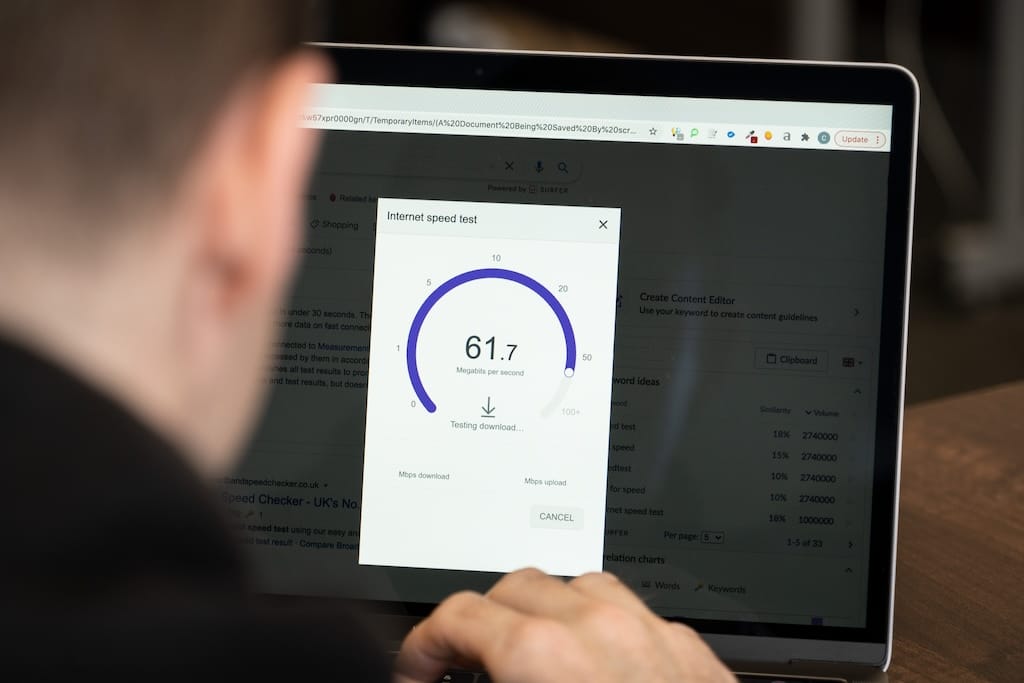FCC is Looking to Update its Definition of Broadband
The commission would increase its standard to 100 * 20 Mbps.
Jake Neenan

WASHINGTON, November 2, 2023 – The Federal Communications Commission is looking to increase its definition of broadband internet speed, the agency announced on Wednesday.
The current definition, set in 2015, requires speeds of 25 megabits per second – Mbps – download and 3 Mbps upload for internet service to be considered broadband, or simply high-speed internet. The agency is seeking comment on increasing that to 100 * 20 Mbps, it said in a notice of inquiry.
“During the pandemic and even before it, the needs of internet users surpassed the FCC’s 25/3 standard for broadband. This standard is not only outdated, it masks the extent to which low- income neighborhoods and rural communities are being left offline and left behind,” said FCC Chairwoman Jessica Rosenworcel in a press release.
The Broadband Equity, Access and Deployment program, a $42.5 billion broadband expansion effort set off with the 2021 Infrastructure Act, already has a benchmark of 100 * 20 Mbps. Areas with access to speeds lower than this will be eligible to get broadband upgrades with BEAD-funded infrastructure, and those with access to anything less than 25 * 3 Mbps are given special priority.
The FCC will also take comments on setting a significantly higher long-term goal: 1 Gbps * 500 Mbps.
In addition to revamping the commission’s speed benchmarks, the inquiry will also look to evaluate the state of broadband availability in the U.S., looking at broadband deployment, affordability, adoption, and equitable access. The commission is required to do this annually by the Telecommunications Act of 1996.
It will be the first of these evaluations, the NOI notes, to use the commission’s Broadband Data Collection data. Part of the 2020 Broadband DATA Act, the BDC database has more precise information on broadband availability in the U.S., and the commission is seeking comment on how best to refresh its standards and frameworks in light of the better data.
Comments are due by December 1, with reply comments due December 18.








Member discussion